Personal Protective Equipment (PPE) Essentials
Discover the importance of personal protective equipment (PPE), its types, uses, and how it keeps workers and communities safe.
Summary
Personal protective equipment (PPE) is critical to ensuring safety across workplaces, healthcare, and public environments. This comprehensive guide explores PPE meaning, equipment, usage, and best practices for compliance and protection in Australia. You'll learn about donning and doffing PPE correctly, explore various equipment types, and understand how PPE prevents injury and infection.
What Is PPE and Why It Matters
Personal protective equipment (PPE) refers to gear designed to protect individuals from health and safety hazards. In Australia, PPE is regulated under the Model Work Health and Safety (WHS) Regulations by Safe Work Australia, ensuring its proper use and standards¹.PPE includes:
- Gloves, masks, respirators
- Safety helmets and eye protection
- Hearing protection
- Protective clothing (e.g., gowns, aprons)
- Footwear like steel-capped boots
These tools safeguard against physical, chemical, biological, and environmental risks.According to Safe Work Australia, PPE must be provided by employers when risks cannot be eliminated through other means. PPE should always be the last line of defence—not a replacement for safe work systems.
Types of Personal Protective Equipment
Understanding the various types of PPE helps ensure you're choosing the right protection for the task.
-
1. Personal Protective Clothing and Equipment
This category includes garments and gear that protect against physical, chemical, or environmental risks:
- Coveralls and lab coats: For chemical splashes or biological contamination.
- High-visibility clothing: To enhance visibility in low-light or high-traffic environments.
- Aprons and protective suits: Used in healthcare or hazardous material handling.
-
2. Personal Protective Devices
Specialised equipment like:
- Face shields and goggles: For eye protection against splashes or particles.
- Respiratory protection: Including surgical masks, P2/N95 respirators.
- Earplugs or earmuffs: Protect against noise-induced hearing loss.
-
3. Individual Protection Equipment
While often used interchangeably with PPE, this term emphasises gear tailored to specific users or tasks (e.g., custom-fitted respirators, personal fall arrest systems).
-
4. Personal Safety Equipment
This broader term encompasses PPE and other safety devices used in industries such as construction, mining, and manufacturing. Examples include:
- Safety harnesses
- Insulated gloves
- Flame-resistant suits
In all these cases, proper personal protective gear selection ensures compliance and safety.
Choosing the Right Equipment for PPE
PPE must be fit-for-purpose and meet Australian Standards (AS/NZS). Selection depends on the task, environment, and specific hazards.
Key Factors to Consider:
- Type of hazard (chemical, biological, mechanical)
- Workplace environment (wet, dusty, hot)
- Level of exposure risk
- Comfort and fit
- Ease of donning/doffing
PPE equipment should always be:
- Certified to relevant AS/NZS standards
- Regularly maintained and replaced
- Clearly labelled and documented
Employers are legally responsible for ensuring the equipment for PPE provided is suitable, tested, and compliant.Refer to Safe Work Australia’s PPE guidelines for industry-specific standards and risk assessments.
Featured Products



How to Use PPE Correctly: Donning and Doffing
Improper use of PPE can compromise its effectiveness. Understanding how to correctly don (put on) and doff (remove) PPE is essential, especially in high-risk environments like healthcare or construction.
-
Donning (Putting On) PPE:
- Perform hand hygiene
- Put on gown or coveralls
- Apply mask or respirator securely
- Wear goggles or face shield
- Put on gloves over cuffs
-
Doffing (Removing) PPE:
- Remove gloves carefully
- Take off goggles or face shield
- Remove gown without touching outside
- Remove mask/respirator
- Perform hand hygiene again
Training and regular refresher courses on donning and doffing are vital. A 2020 CDC study found improper doffing led to contamination in 30% of observed cases in clinical settings.
Understanding PPE Meaning in the Workplace
The meaning of PPE goes beyond just equipment—it's about fostering a safety culture. It represents:
- Responsibility: Both employer and worker must ensure correct PPE use.
- Compliance: Failure to comply can lead to fines, injuries, or worse.
- Training: Continuous education on PPE meaning and procedures.
Common Misunderstandings About PPE:
- "PPE alone protects workers."
→ Incorrect. PPE is part of a broader safety plan.
- "One-size-fits-all equipment works."
→ Wrong. PPE should be individually fitted.
- "Donning & doffing isn't important."
→ False. Incorrect technique compromises safety.
Conclusion
Personal protective equipment plays an indispensable role in safeguarding workers, patients, and the public. From personal protective gear to donning and doffing protocols, understanding and implementing PPE correctly reduces risks, improves compliance, and promotes workplace health and safety.Every piece of PPE equipment matters. Whether you're in healthcare, construction, or manufacturing, make safety a priority with the right personal safety equipment.
Looking for certified PPE solutions for your workplace?
Browse our full range of personal protective equipment including clothing, devices, and safety gear tailored to your needs.
📞 Call 1300 615 193 or order online at our website.
Personal Protection PPE helps protect workers and individuals from everyday health and safety risks, including harmful UV exposure. This collection focuses on high-quality SPF50+ sunscreen as an essential form of personal protective equipment for outdoor work, sport and recreation. Designed to support Australian WHS requirements, these PPE solutions promote safer sun exposure and long-term skin health.
What this collection includes:
• SPF50+ broad-spectrum sunscreen for workplace PPE use
• Water-resistant sport sunscreens for active and outdoor environments
• Zinc sunscreen sticks for targeted face and lip protection
• Bulk sunscreen bottles and pumps for worksites and teams
• Sensitive and moisturising sunscreen options for daily use
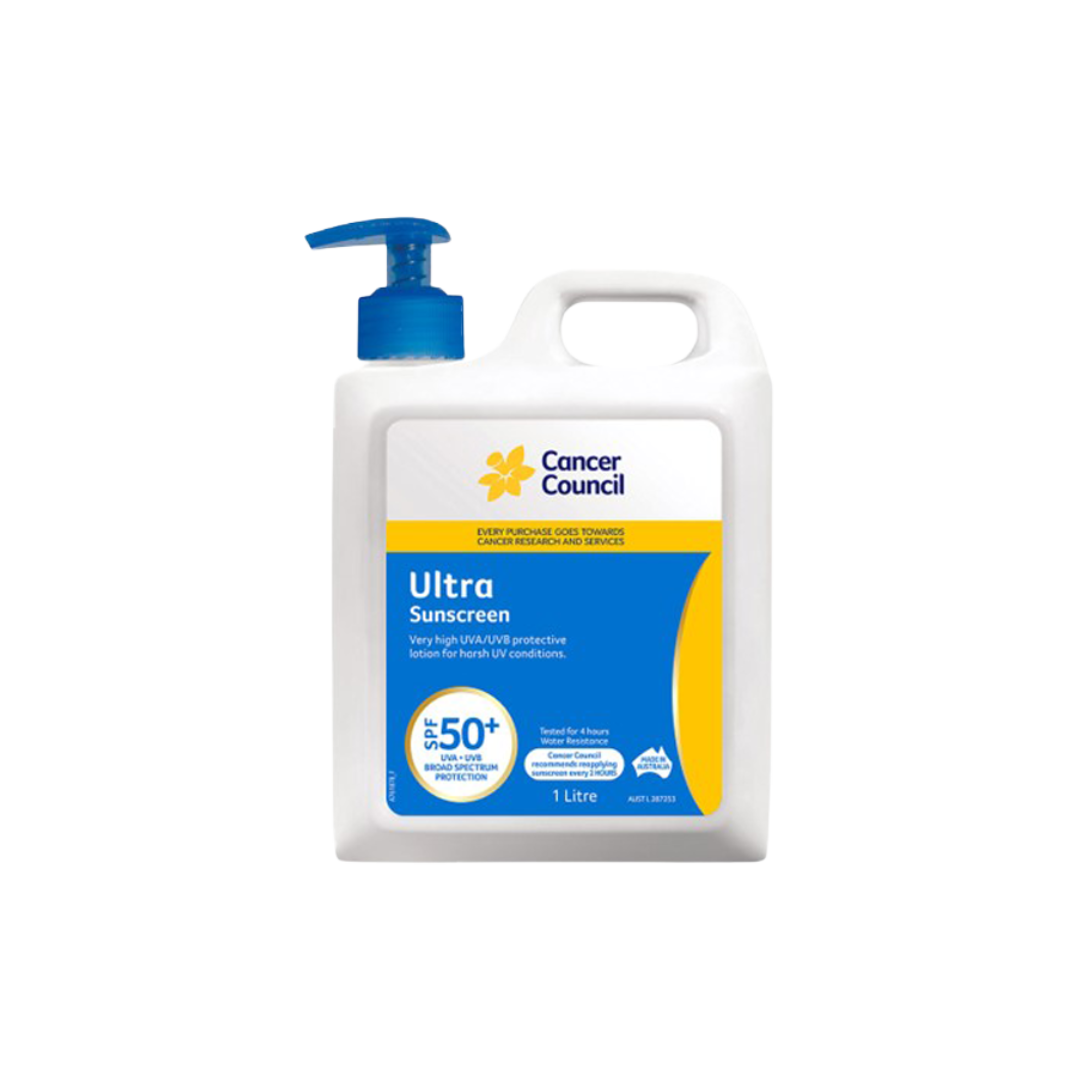



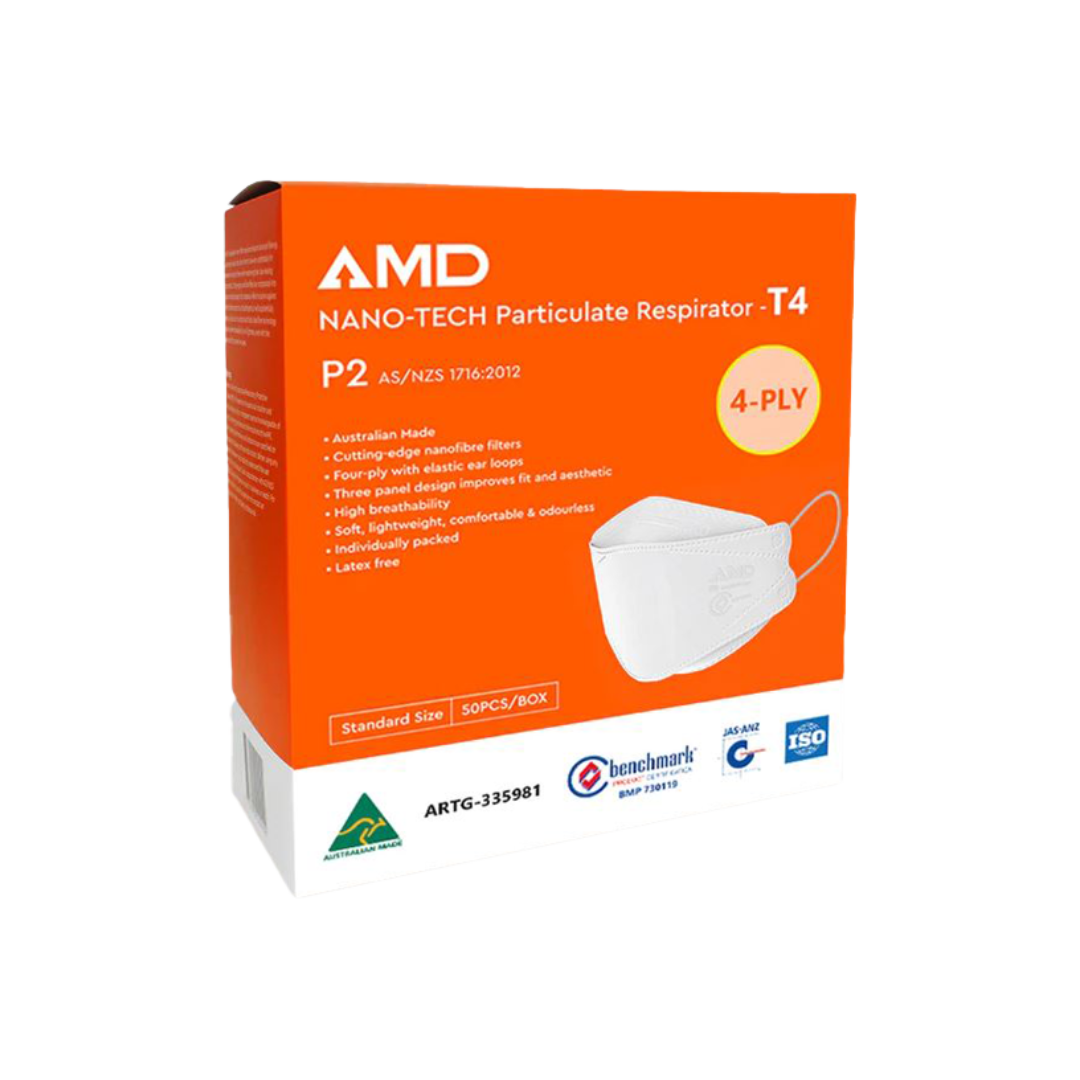

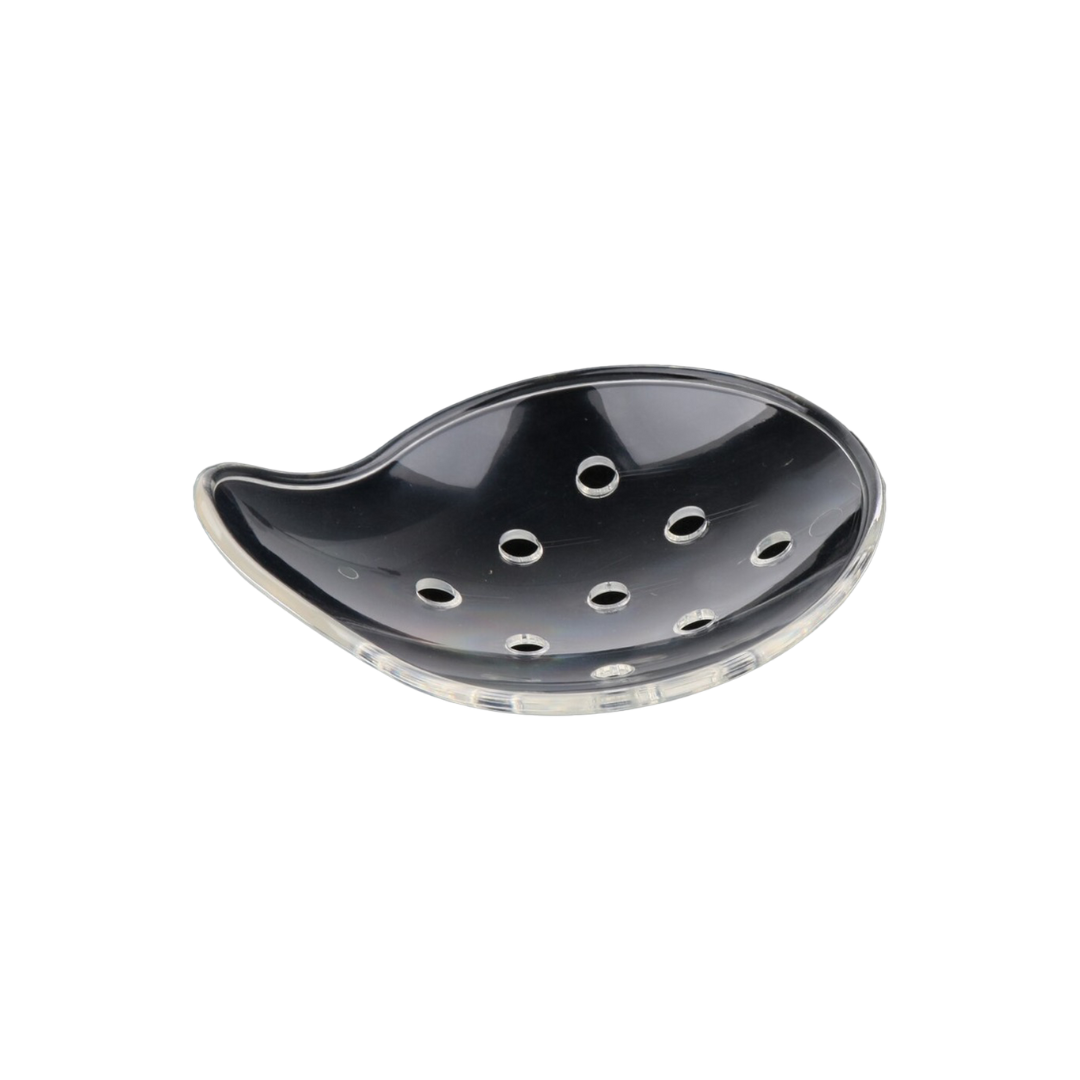
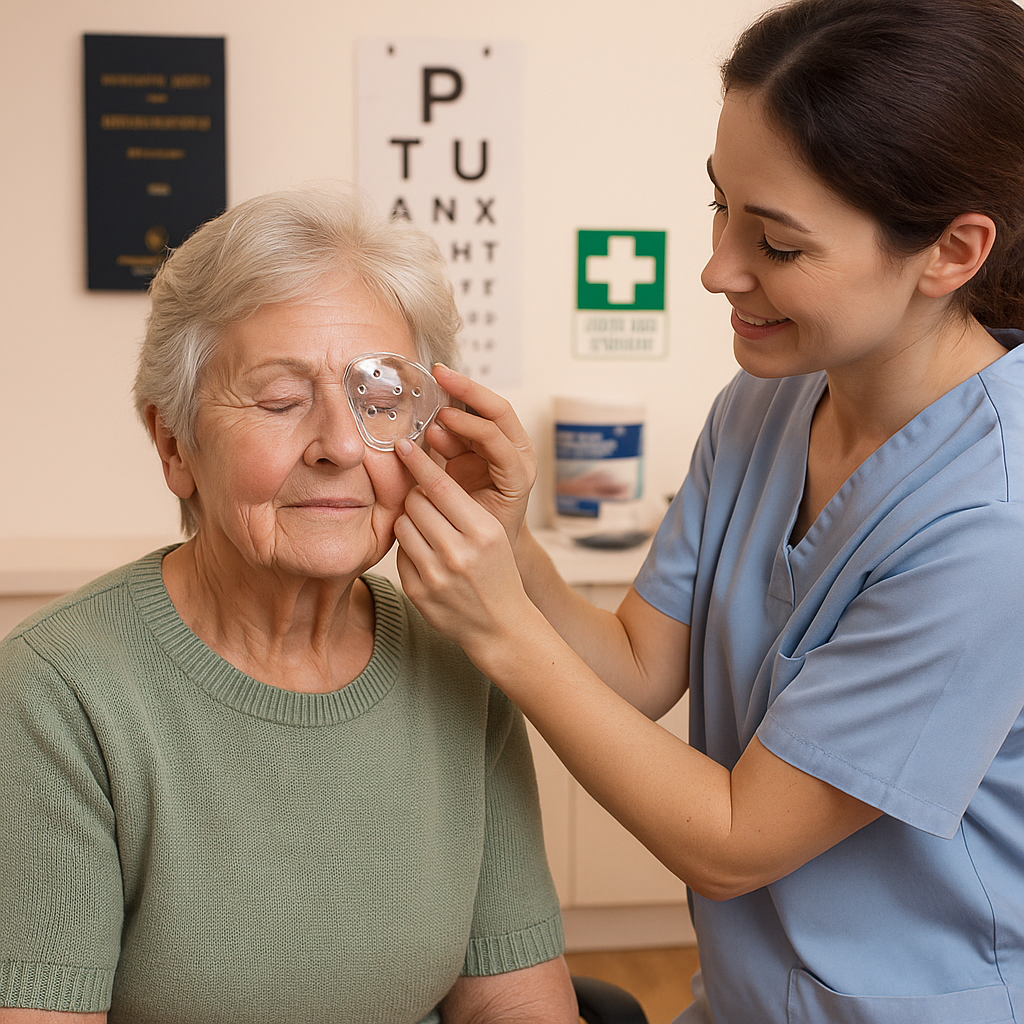
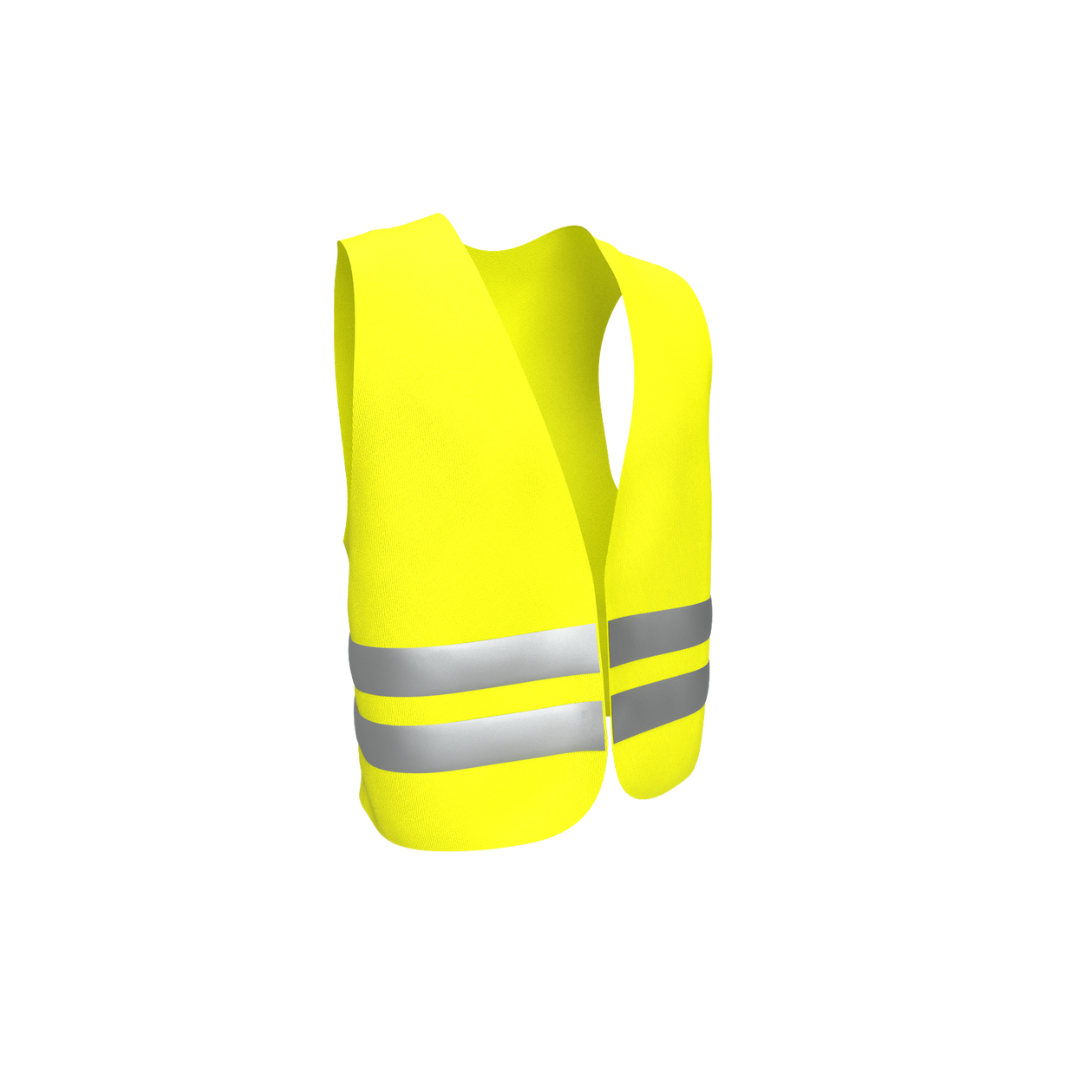
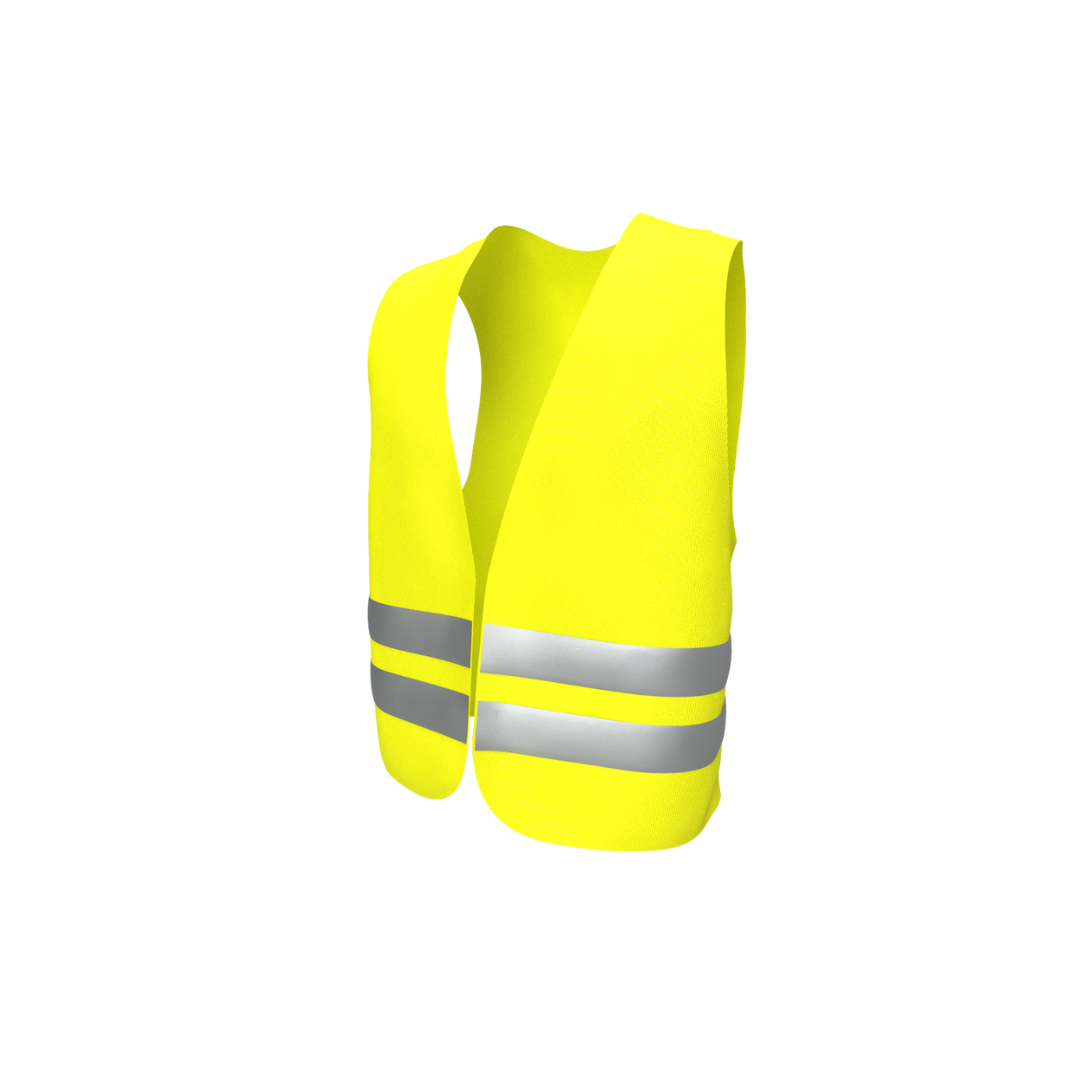
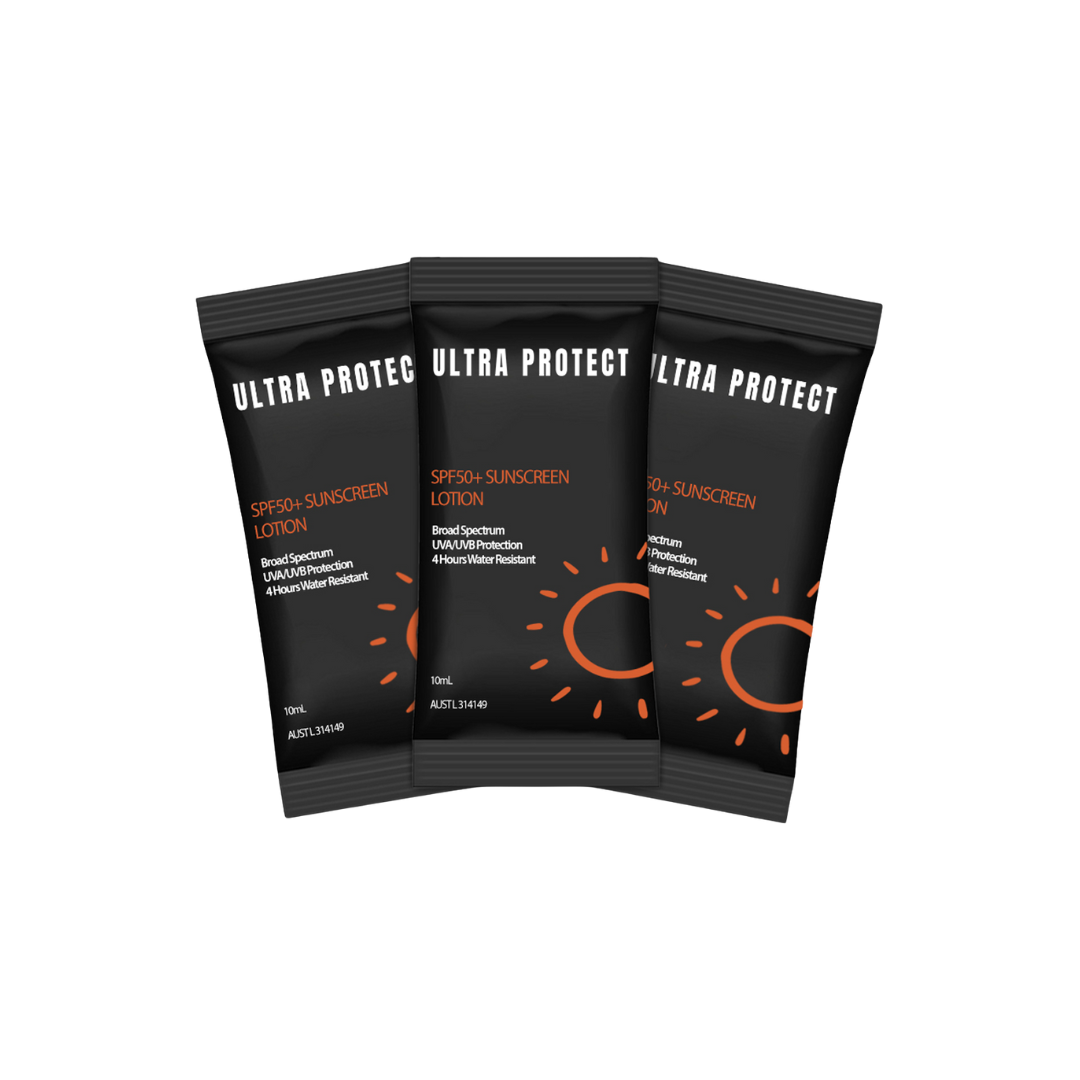



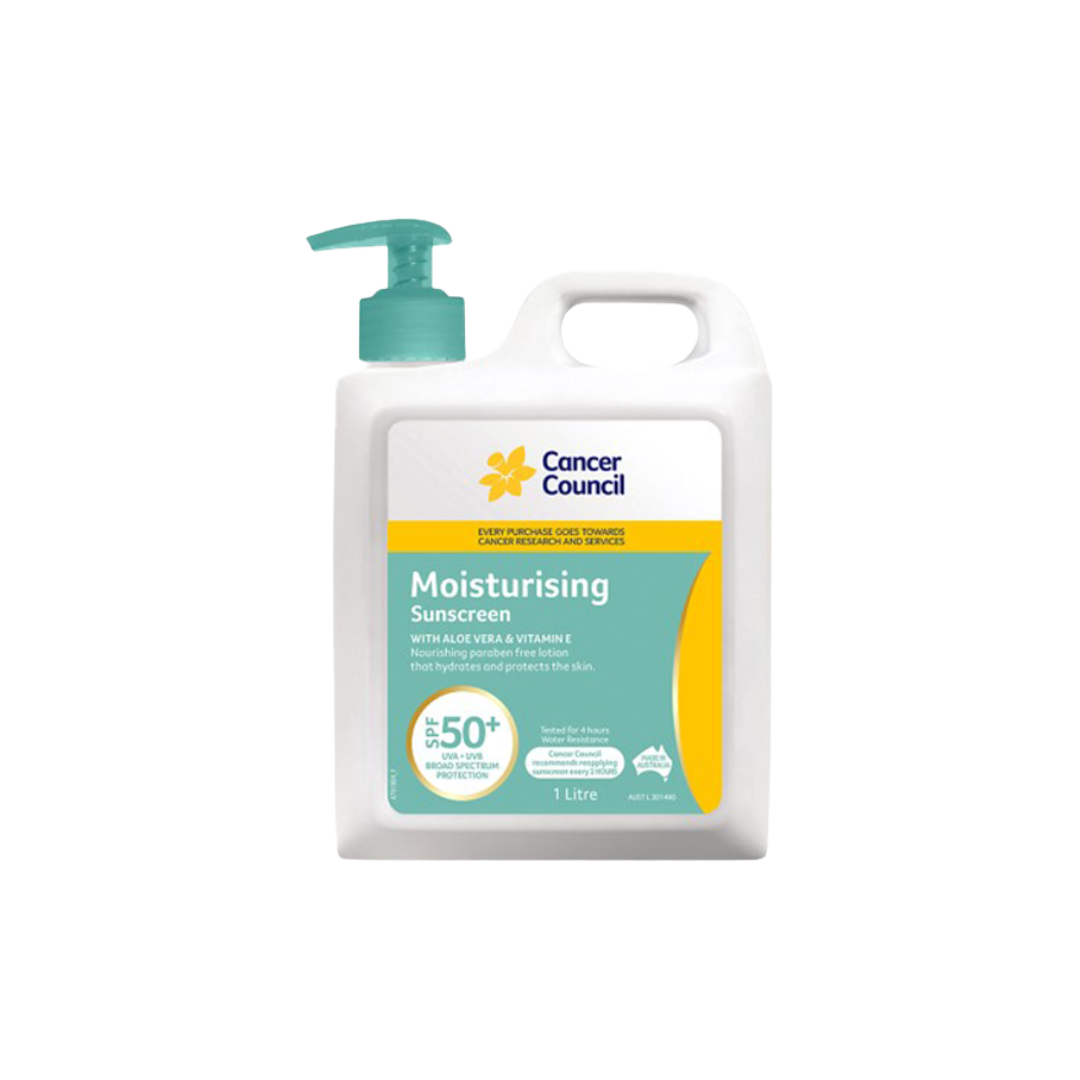

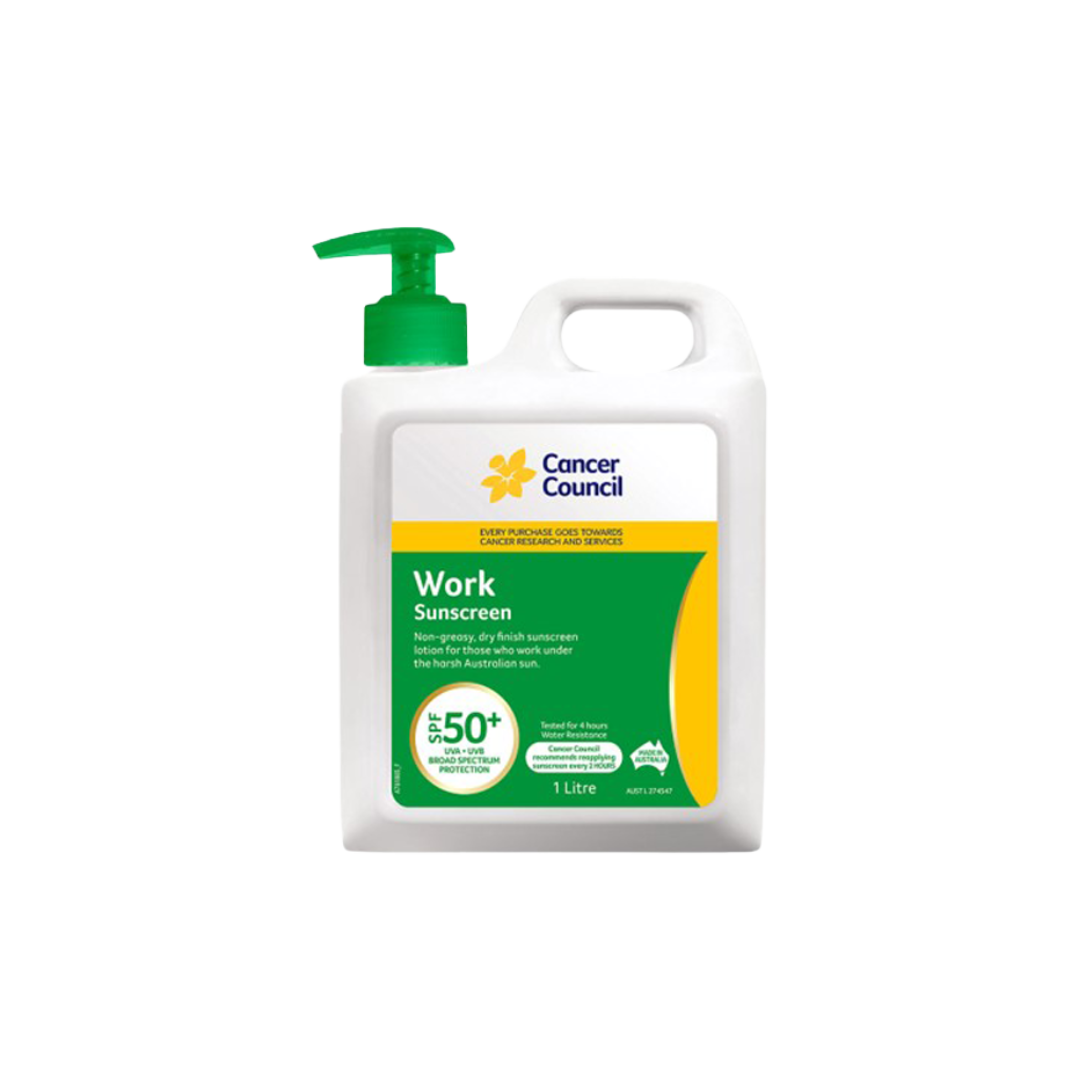
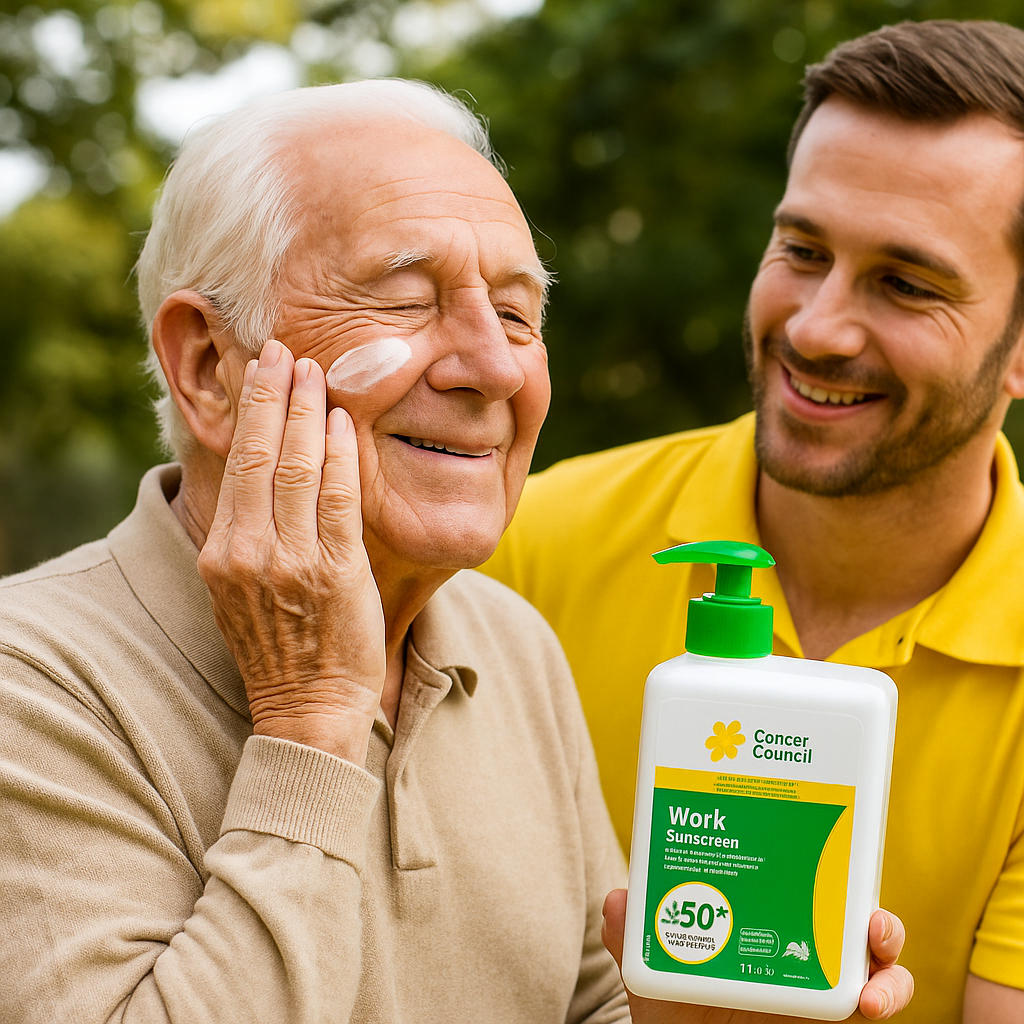

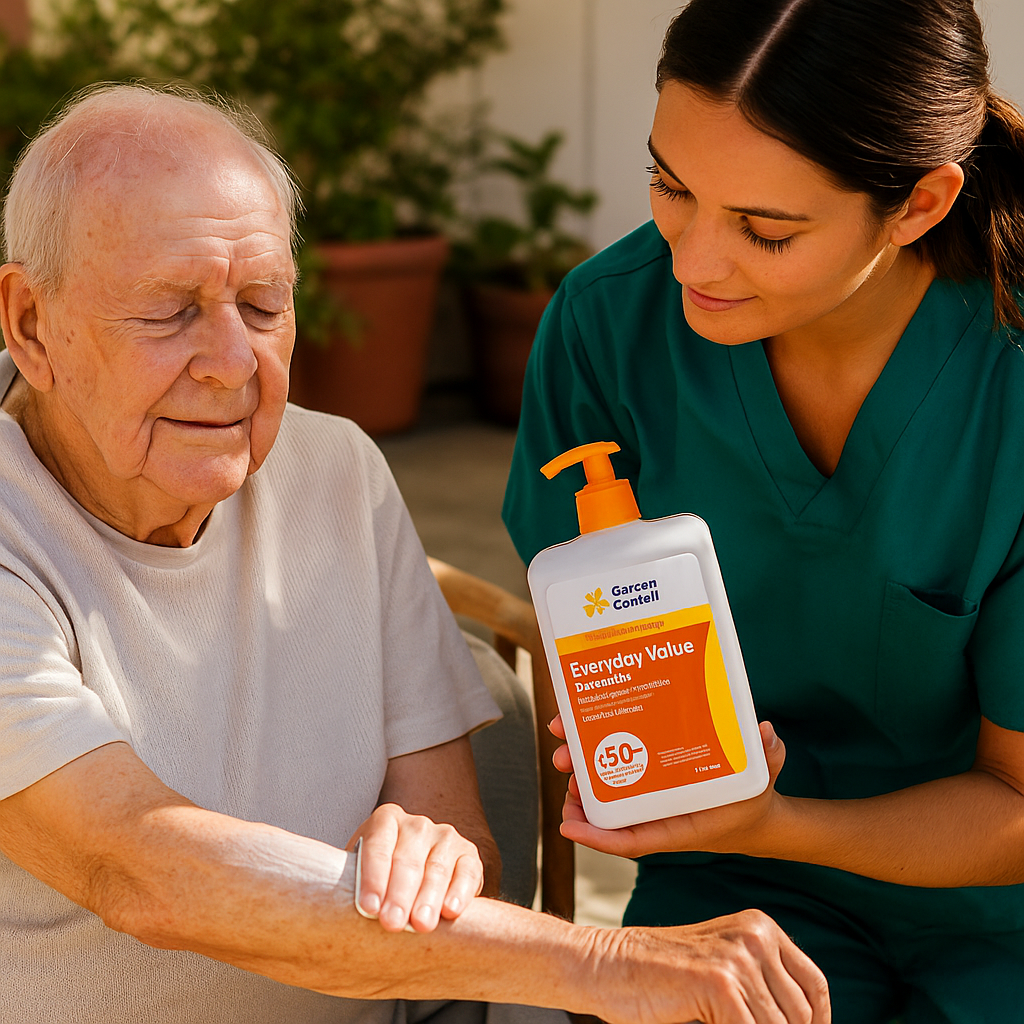


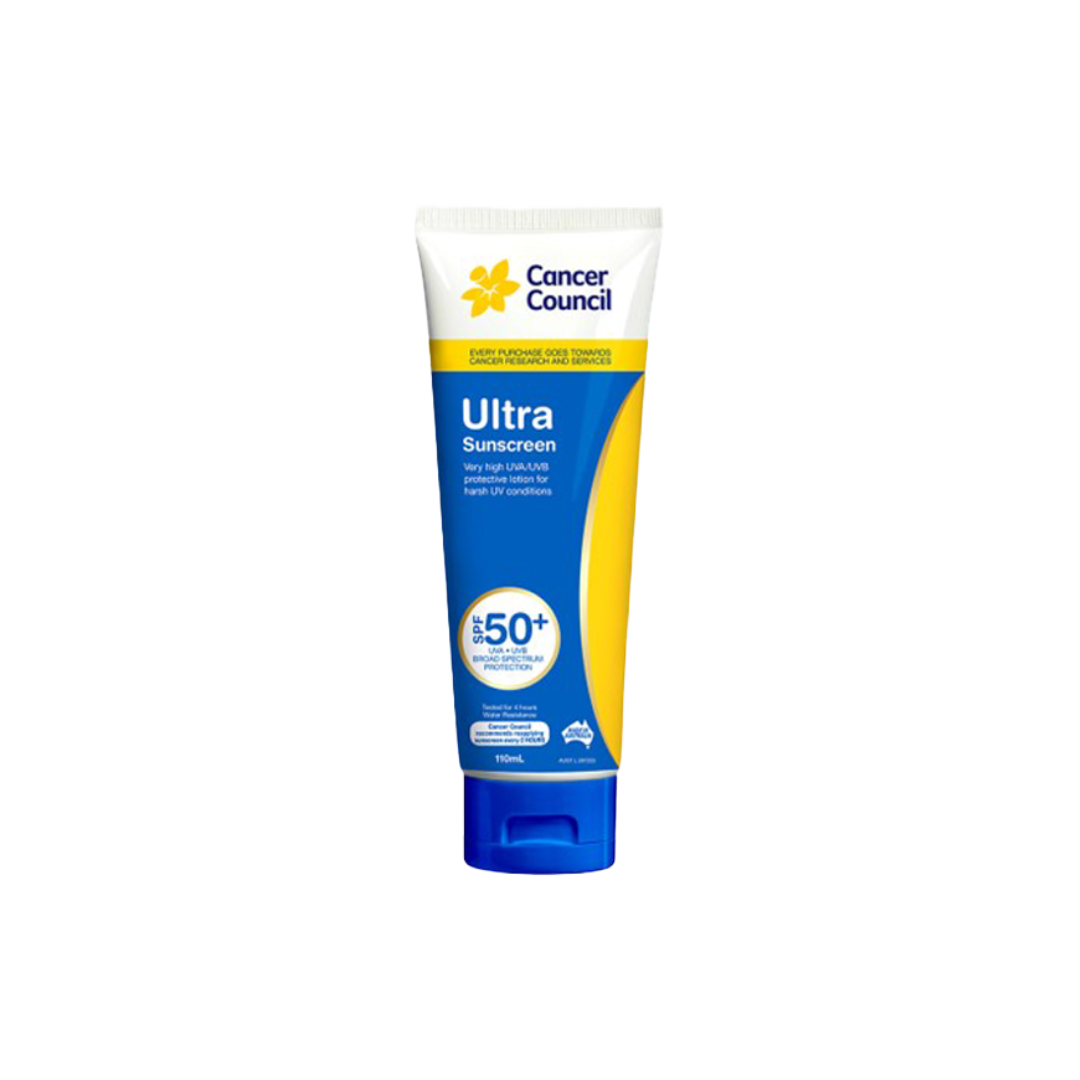


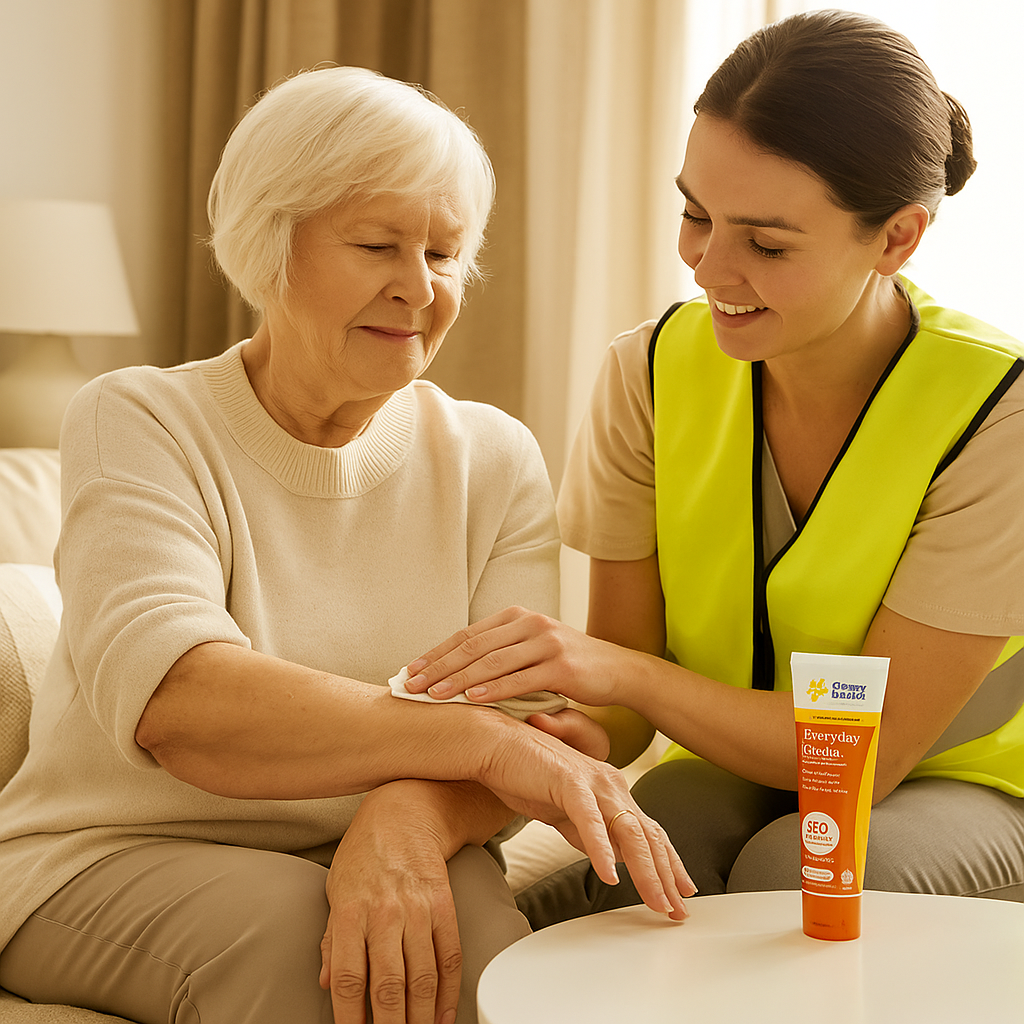


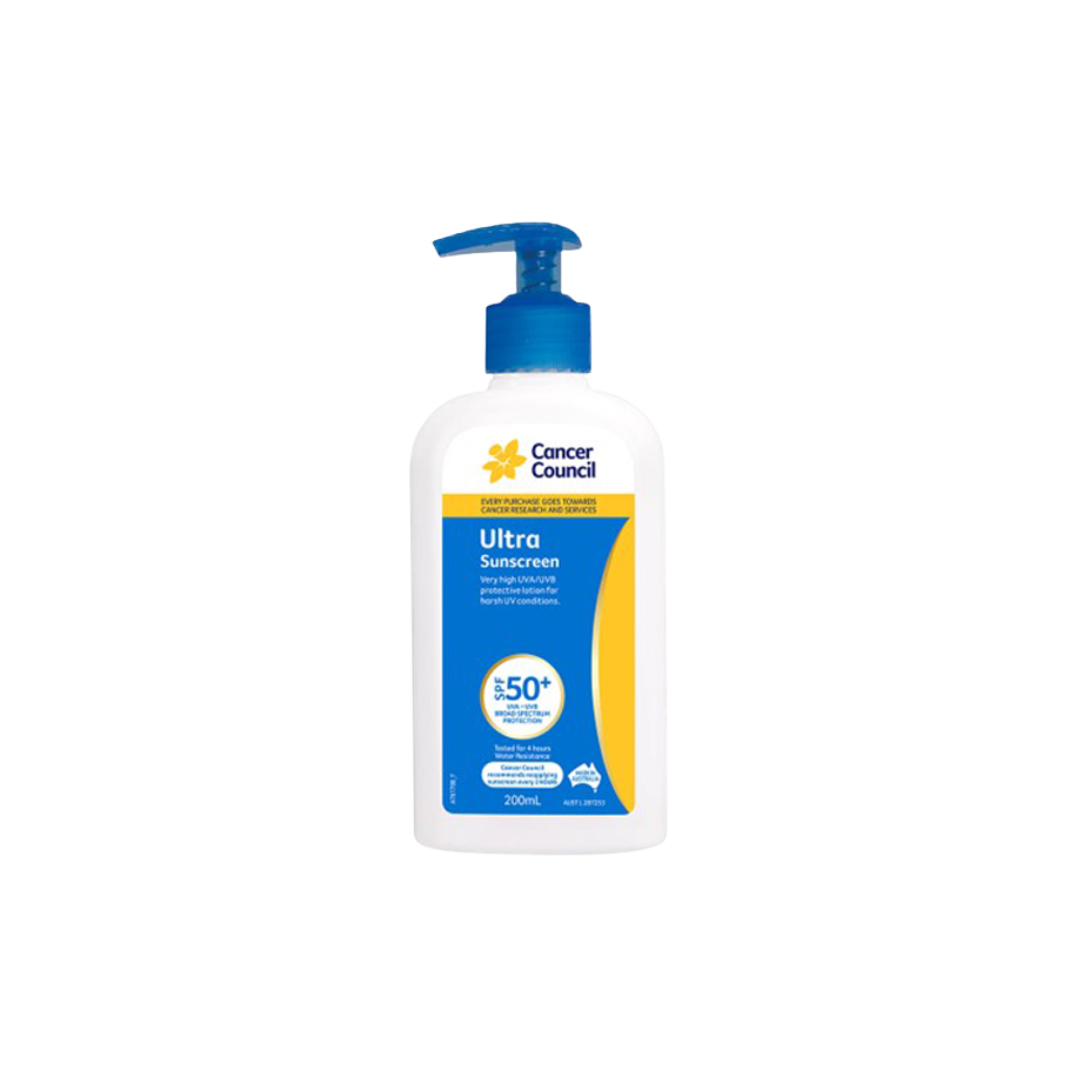





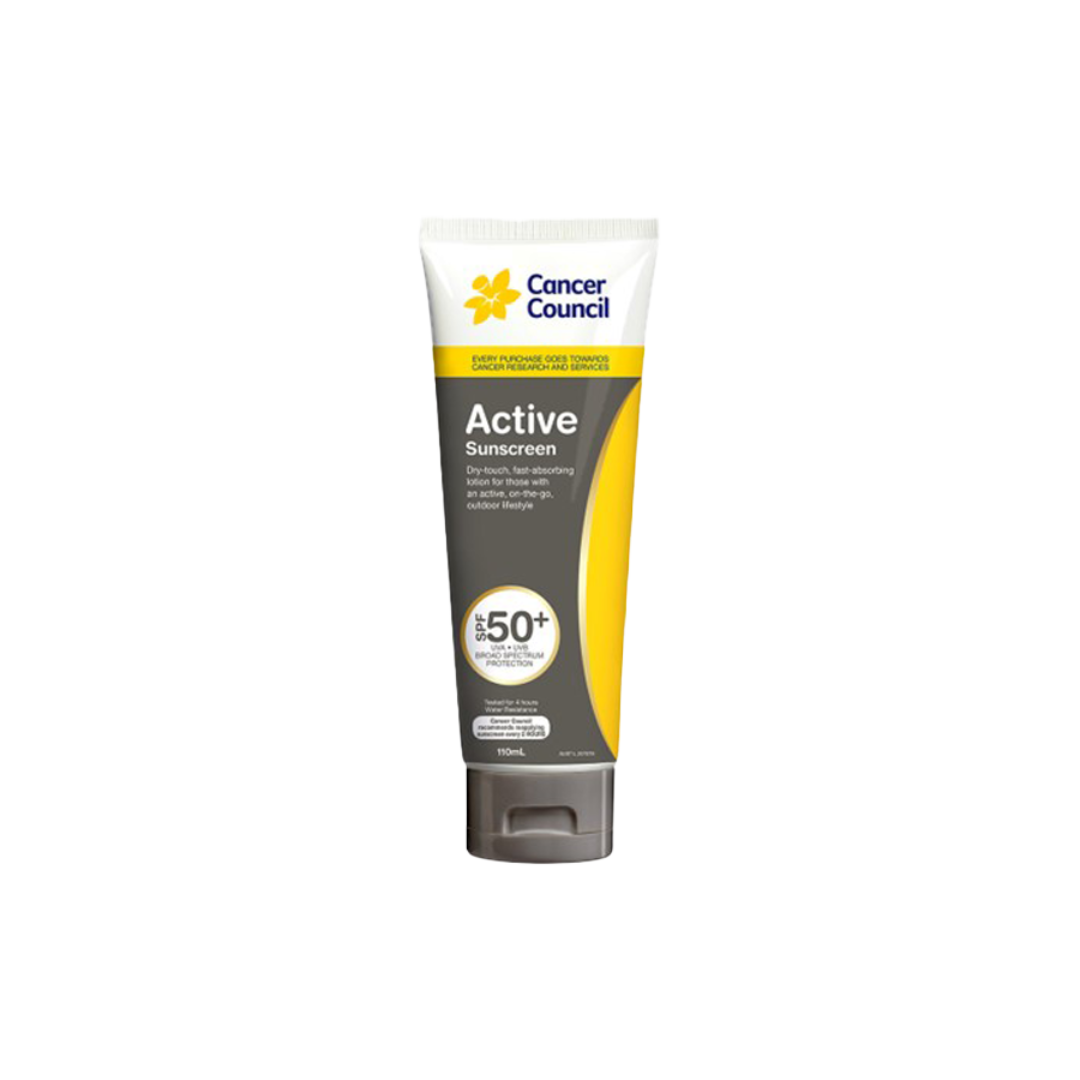

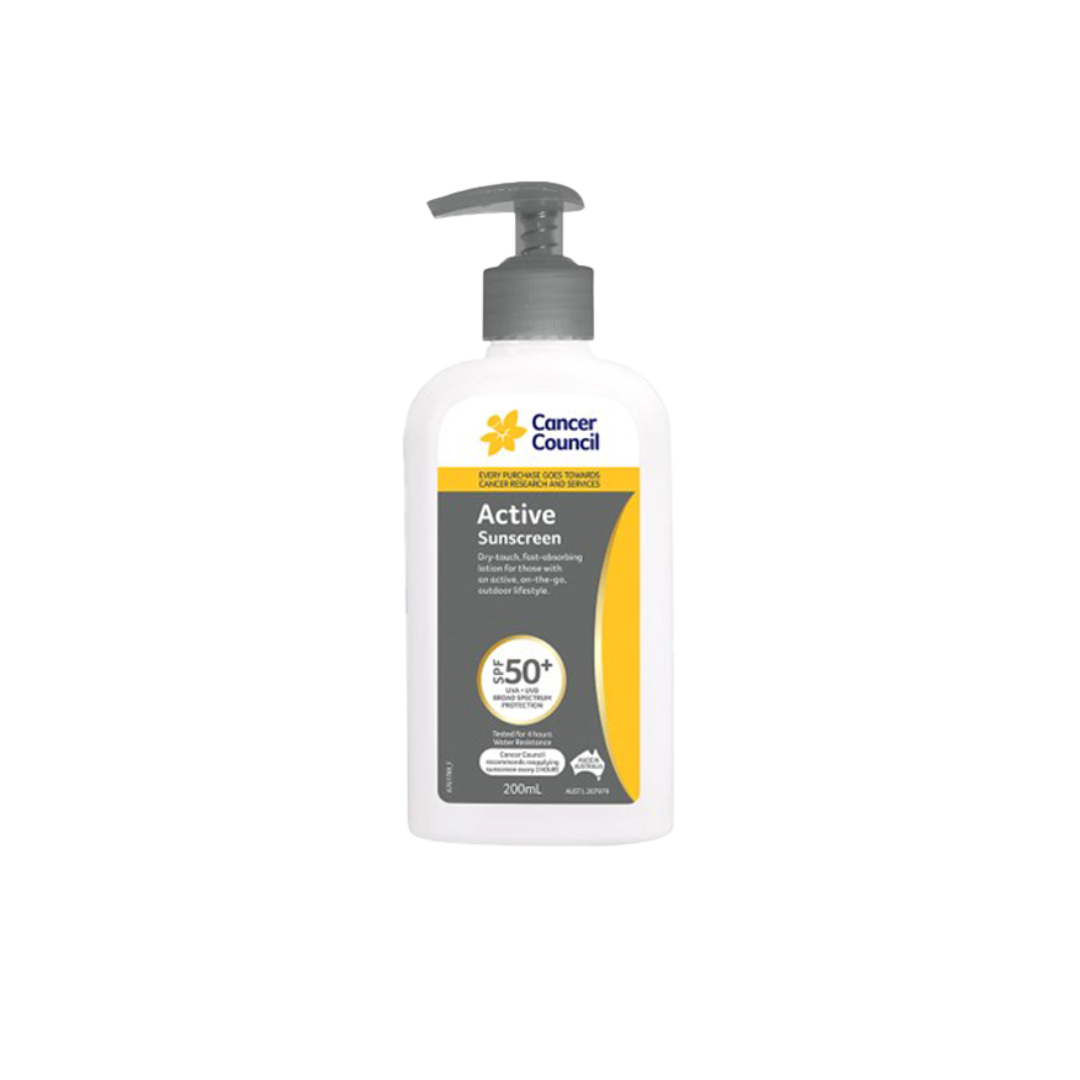

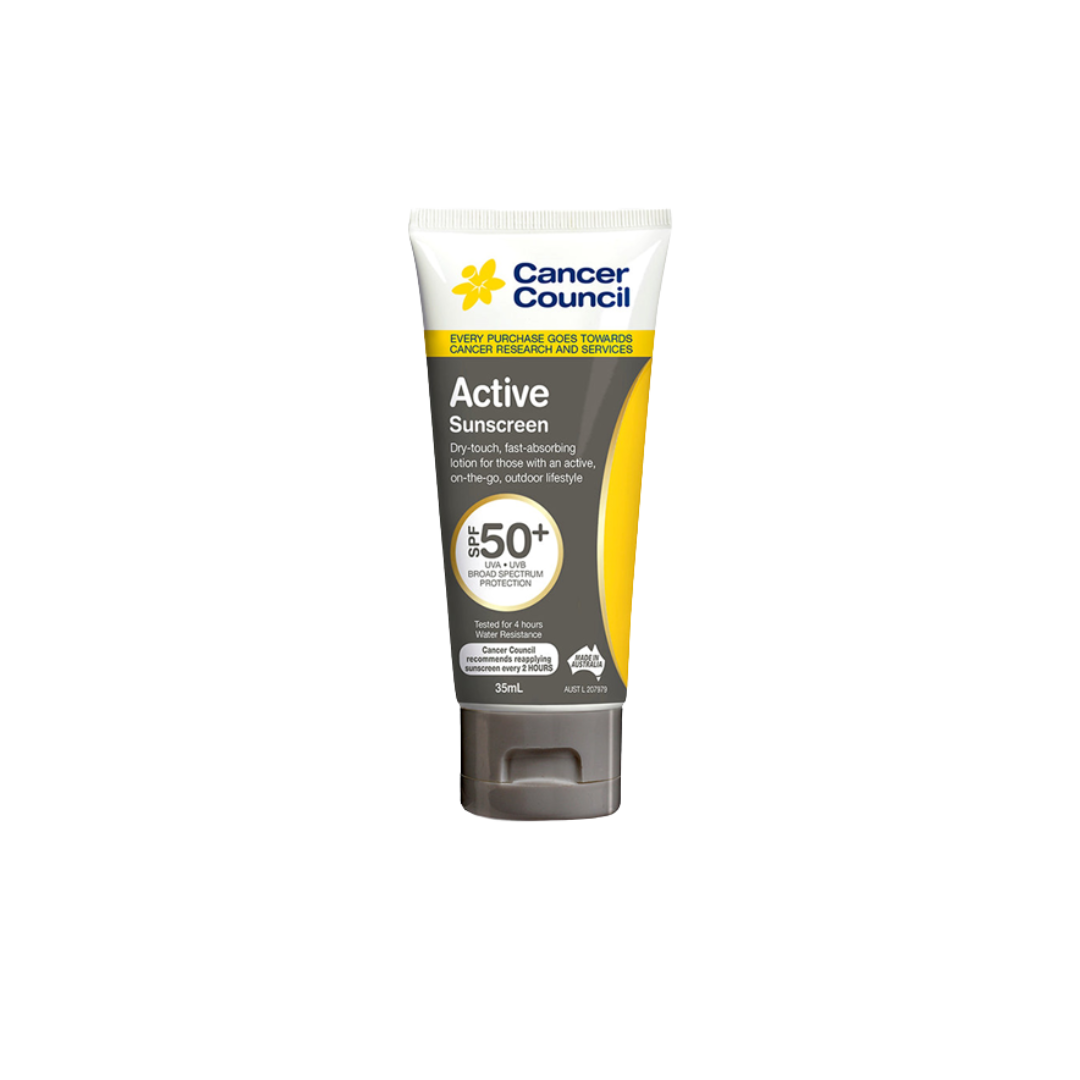
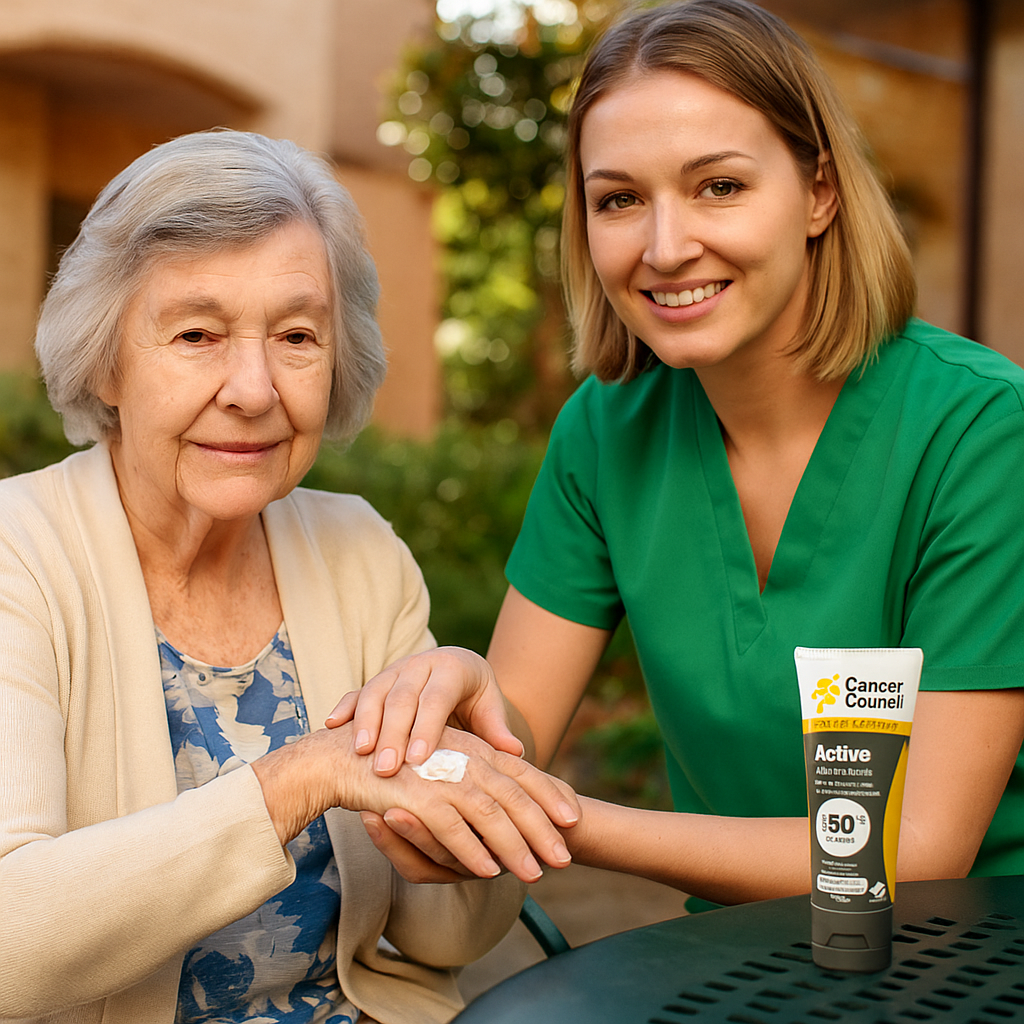


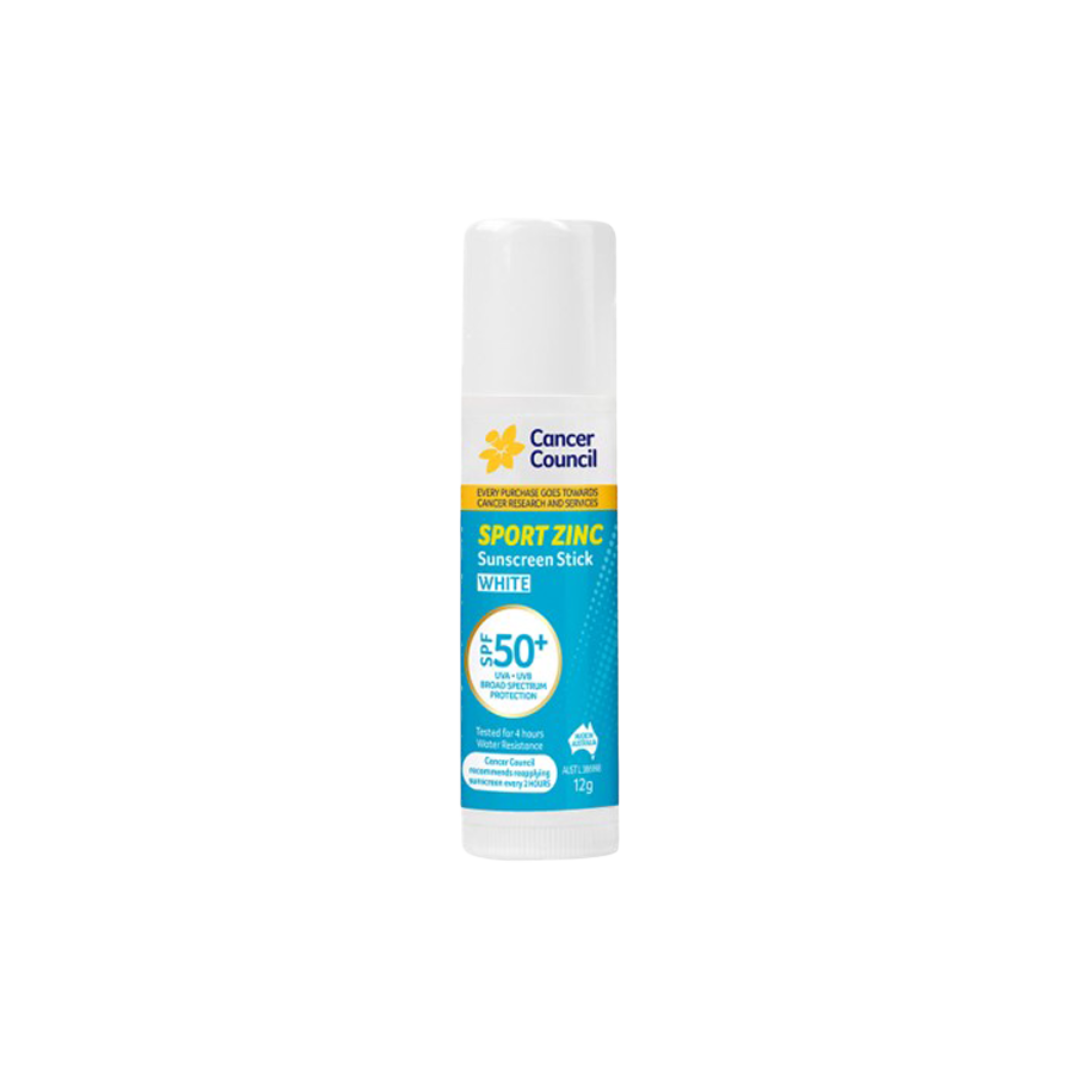
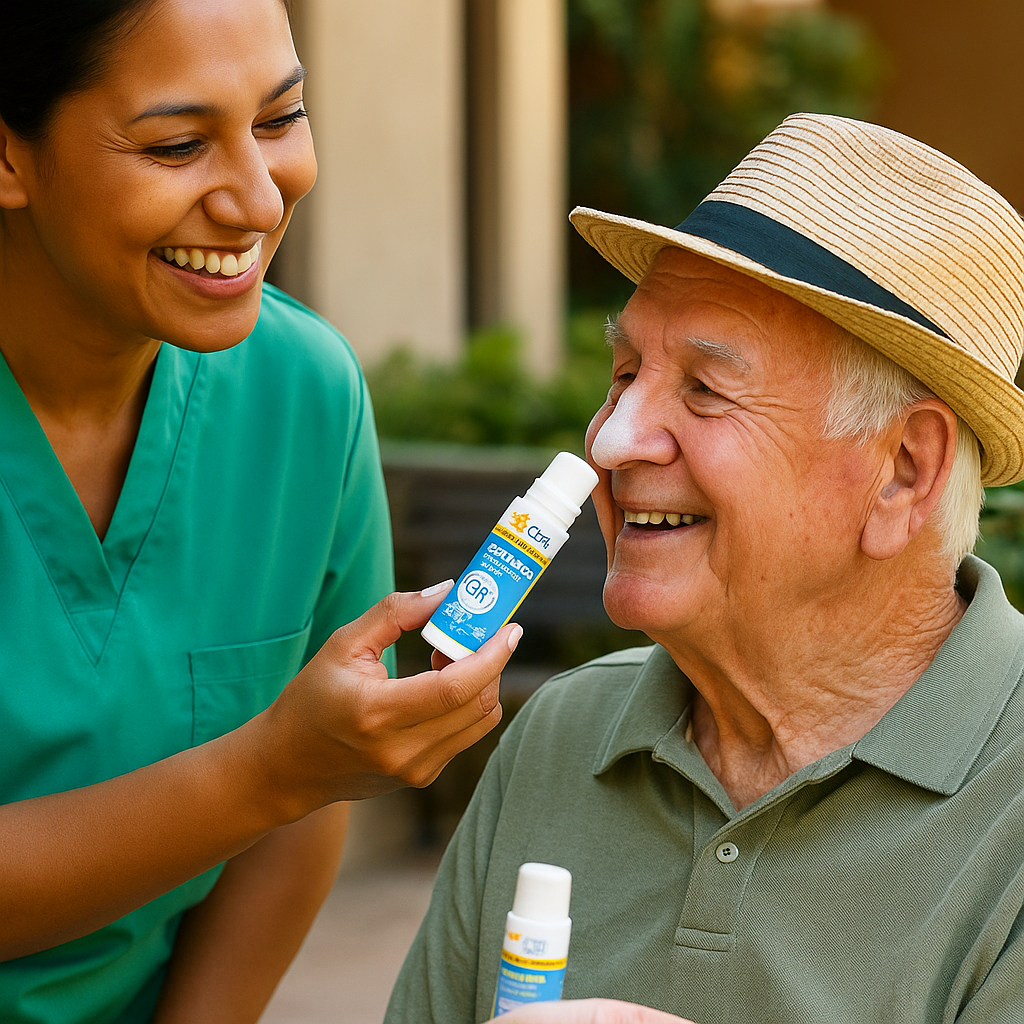
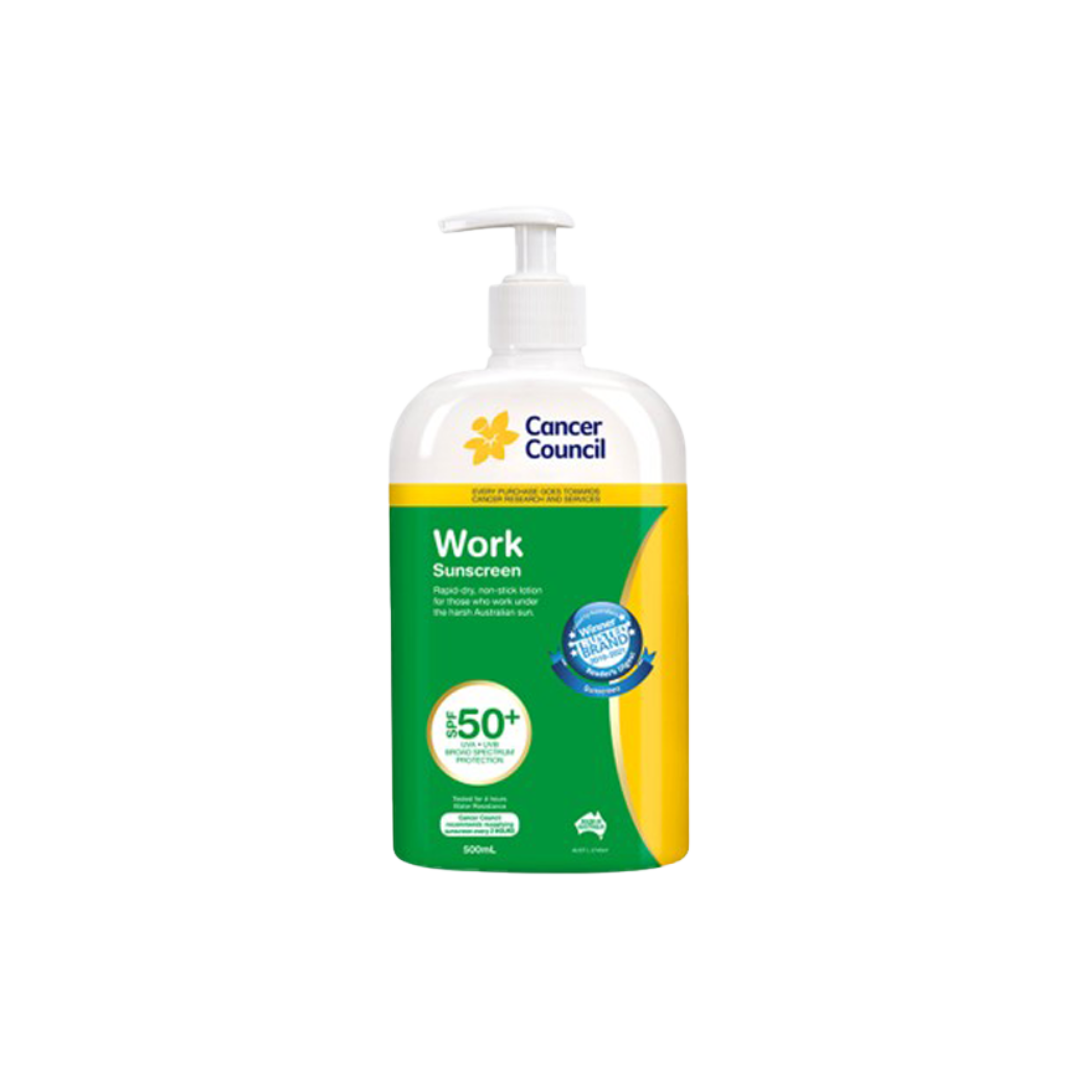
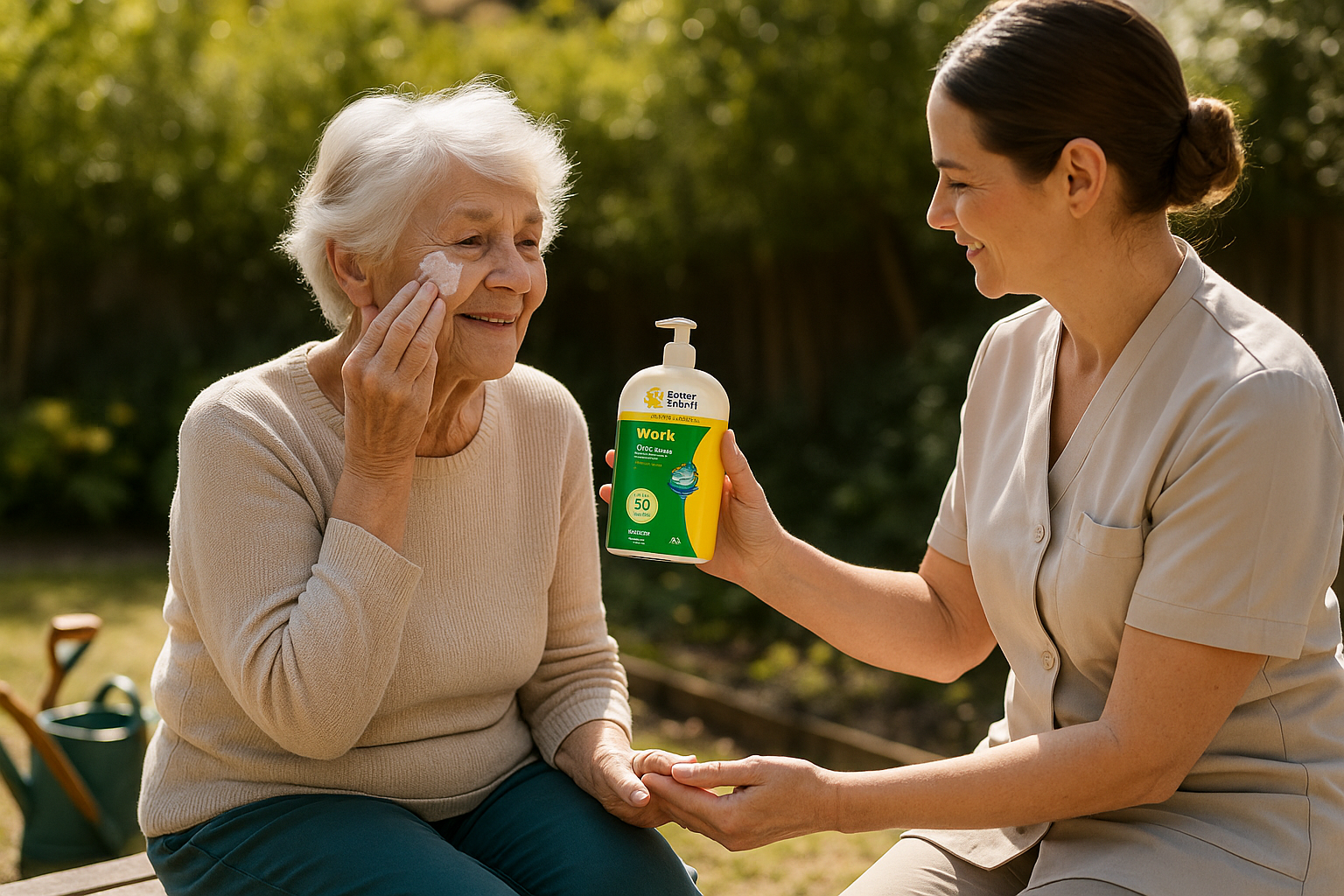


Recently viewed
FAQs
Yes. In Australia, sunscreen is recognised as PPE for outdoor work, helping protect against UV exposure under WHS guidelines.
SPF50+ sunscreen provides high-level protection against UVA and UVB rays, reducing the risk of sunburn and long-term skin damage.
Sunscreen should be applied 20 minutes before sun exposure and reapplied every two hours, or more often if sweating heavily.
Yes. Bulk sunscreen bottles, pumps and sticks are ideal for worksites, improving accessibility and encouraging regular use among staff.
